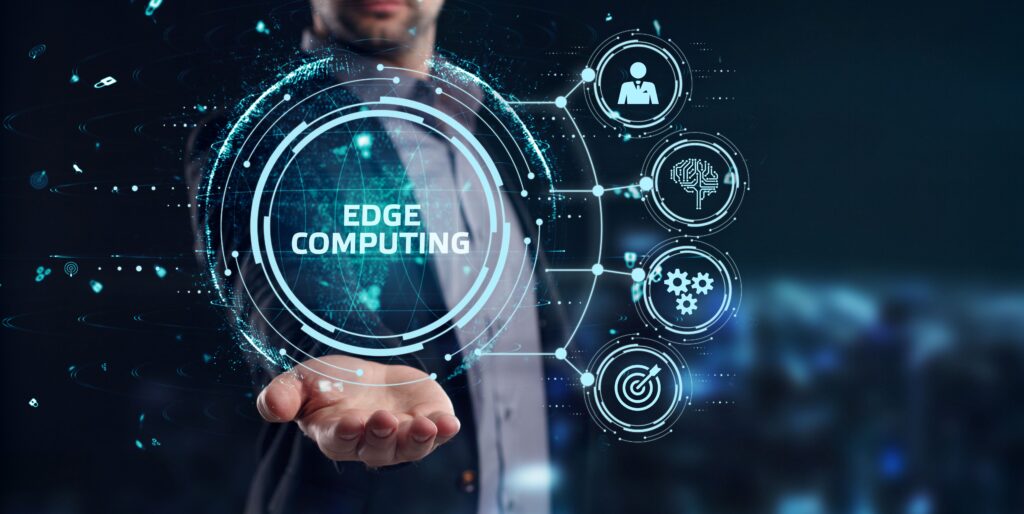The future of technology holds a myriad of transformative trends that are set to reshape industries and redefine our everyday lives. This article aims to uncover and elucidate the most promising and influential technological trends that will shape the trajectory of innovation in the coming years.
Artificial Intelligence (AI) Advancements and Ubiquitous Integration
AI is poised to revolutionize industries through its continued advancements. Expect to witness AI integration in various sectors, from healthcare and finance to manufacturing and customer service, driving efficiency and innovation.
Internet of Things (IoT) and Smart Connectivity Evolution
The IoT landscape will evolve further, expanding its reach into interconnected ecosystems. Smart cities, connected devices, and seamless data exchange will define the future, enhancing automation, convenience, and data-driven decision-making.
Quantum Computing’s Journey to Practical Applications
Quantum computing’s potential for solving complex problems will inch closer to reality. While still in its nascent stage, quantum computing’s ability to handle intricate calculations will lead to breakthroughs in cryptography, material science, and more.
Cybersecurity in the Age of Persistent Threats
As technology evolves, so do cybersecurity challenges. Anticipate the development of more sophisticated cybersecurity measures, leveraging AI, blockchain, and biometrics to combat persistent cyber threats and safeguard sensitive data.
Augmented Reality (AR) and Virtual Reality (VR) Integration
AR and VR technologies will blur the lines between physical and digital realms. Enhanced immersive experiences in education, entertainment, training simulations, and remote collaboration will become more prevalent.
Sustainable Tech and Renewable Energy Solutions
Advancements in sustainable tech will focus on combating climate change. Innovations in renewable energy, eco-friendly practices, circular economies, and green infrastructure will drive a more sustainable future.
Edge Computing and Fast Data Processing
Edge computing will continue to gain traction, enabling real-time data processing closer to the source. This trend will facilitate faster decision-making, reduced latency, and enhanced efficiency across various applications.

Biotechnology Breakthroughs and Health Innovations
Biotechnology’s rapid evolution will lead to groundbreaking health innovations. Expect developments in gene therapies, personalized medicine, microbiome research, and regenerative treatments to revolutionize healthcare.
Conclusion
The future of technology is dynamic, with these transformative trends steering us towards a new era of innovation. From AI-driven transformations, IoT connectivity, and quantum computing breakthroughs to cybersecurity, AR/VR experiences, sustainable solutions, edge computing, and healthtech innovations, these trends are pivotal in shaping a tech-driven future.
FAQs
- How will AI influence industries beyond its current applications? AI will permeate various industries, aiding in automation, predictive analytics, personalized experiences, and decision-making processes across sectors like healthcare, finance, manufacturing, and more.
- What potential applications can we expect from quantum computing? Quantum computing’s potential applications include solving complex problems in cryptography, material science, drug discovery, optimization, and simulations with unprecedented speed and accuracy.
- How will AR and VR technologies impact everyday experiences? AR and VR integration will enhance education, entertainment, remote collaboration, training simulations, and gaming by providing immersive and interactive experiences.
- What role will biotechnology play in shaping healthcare? Biotechnology advancements will lead to gene therapies, personalized medicine, innovative diagnostics, and regenerative treatments, transforming healthcare and improving patient outcomes.
- Why is cybersecurity becoming increasingly important in the tech landscape? As technology evolves, cybersecurity measures are crucial to protect against sophisticated cyber threats, safeguard sensitive data, and ensure trust and reliability in digital systems and services.
